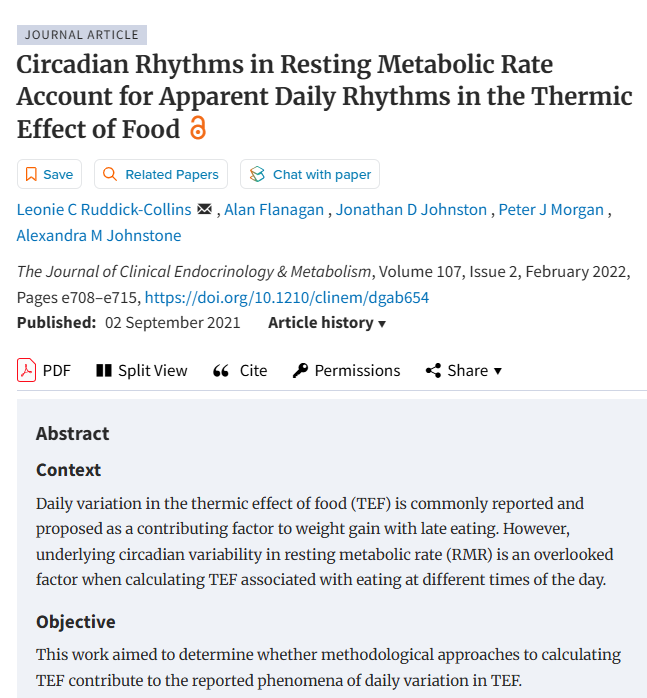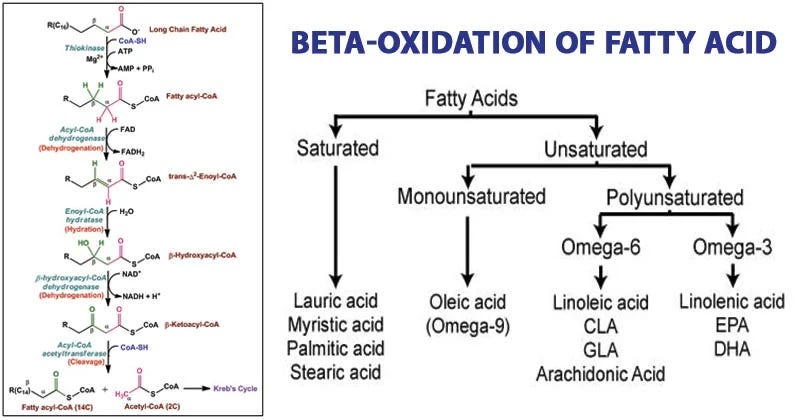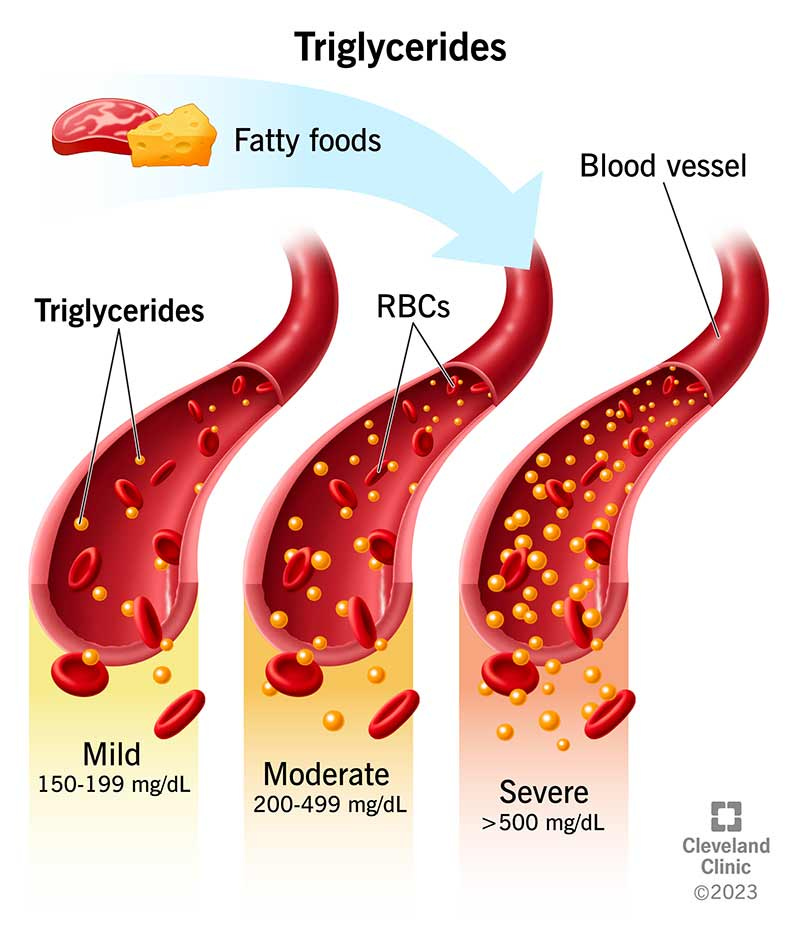Why “Calories In, Calories Out” Isn’t the Whole Story
And why substrate utilization will change your life #23
Most fat-loss conversations start and end with calories in vs. calories out.
Yes, energy balance matters
But this “simple” model hides an entire layer of levers you can pull to make fat loss easier, more efficient, and healthier for your heart.
Two key concepts that change the game:
Thermic Effect of Food (TEF) and Substrate Utilization.
1. The Thermic Effect of Food (TEF)
TEF, also called diet-induced thermogenesis, is the energy cost of digesting, absorbing, and processing food.
Not all macros are equal here:
Eating 100 calories of protein may only net you ~70 usable calories — the rest is burned during processing.
TEF is also circadian-driven — your metabolism processes food more efficiently in the daytime than at night.
What is Substrate Utilization?
Substrate utilization = which fuel source your body is oxidizing (“burning”) for energy — and at what rate.
Your body can burn:
Fatty acids
Glucose (carbs)
Amino acids
Ketones
In beta-oxidation, fatty acids are broken into acetyl-CoA inside mitochondria to make ATP.
High fatty-acid substrate utilization means your metabolism is leaning heavily on fat as its main fuel.
3. Why This Matters for Fat Loss & Heart Health
By influencing which fuel your body burns, you can:
Accelerate fat loss
Improve lipid profiles (lower blood triglycerides, raise HDL)
Enhance metabolic flexibility
Boost endurance and heart efficiency
Example:
Dan, an athlete, trains in the morning, low-carb, at Zone 2 intensity.
Low glycogen forces more fat oxidation.
This pulls triglycerides from the blood as free fatty acids, lowering them over time.
Over months, Dan’s metabolism becomes more flexible and his cardiovascular health improves.
4. Factors That Influence Fatty-Acid Substrate Utilization
Hormonal state – Low insulin + high glucagon = more fat oxidation.
Exercise intensity – Zone 2 favors fat; high-intensity favors carbs.







